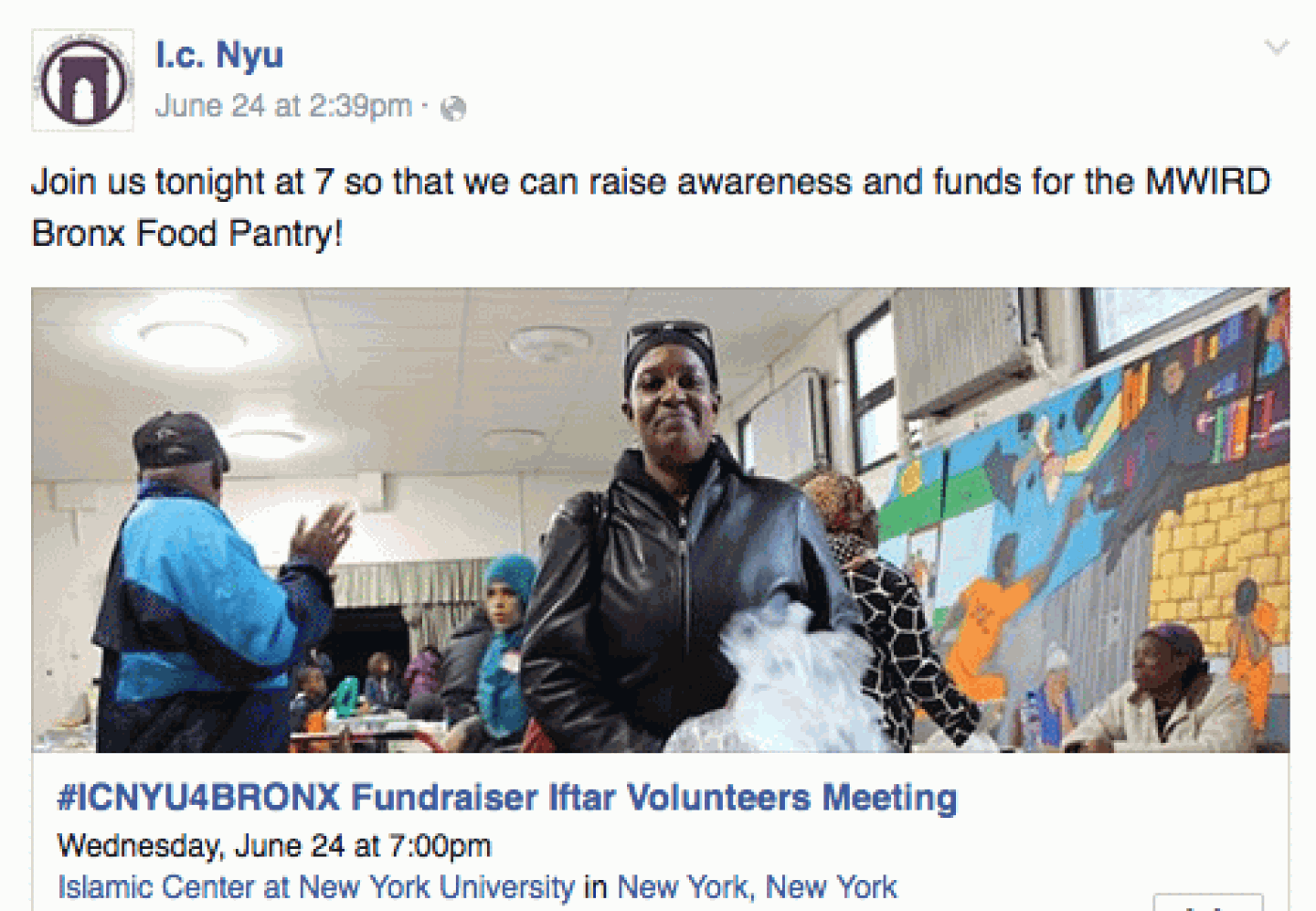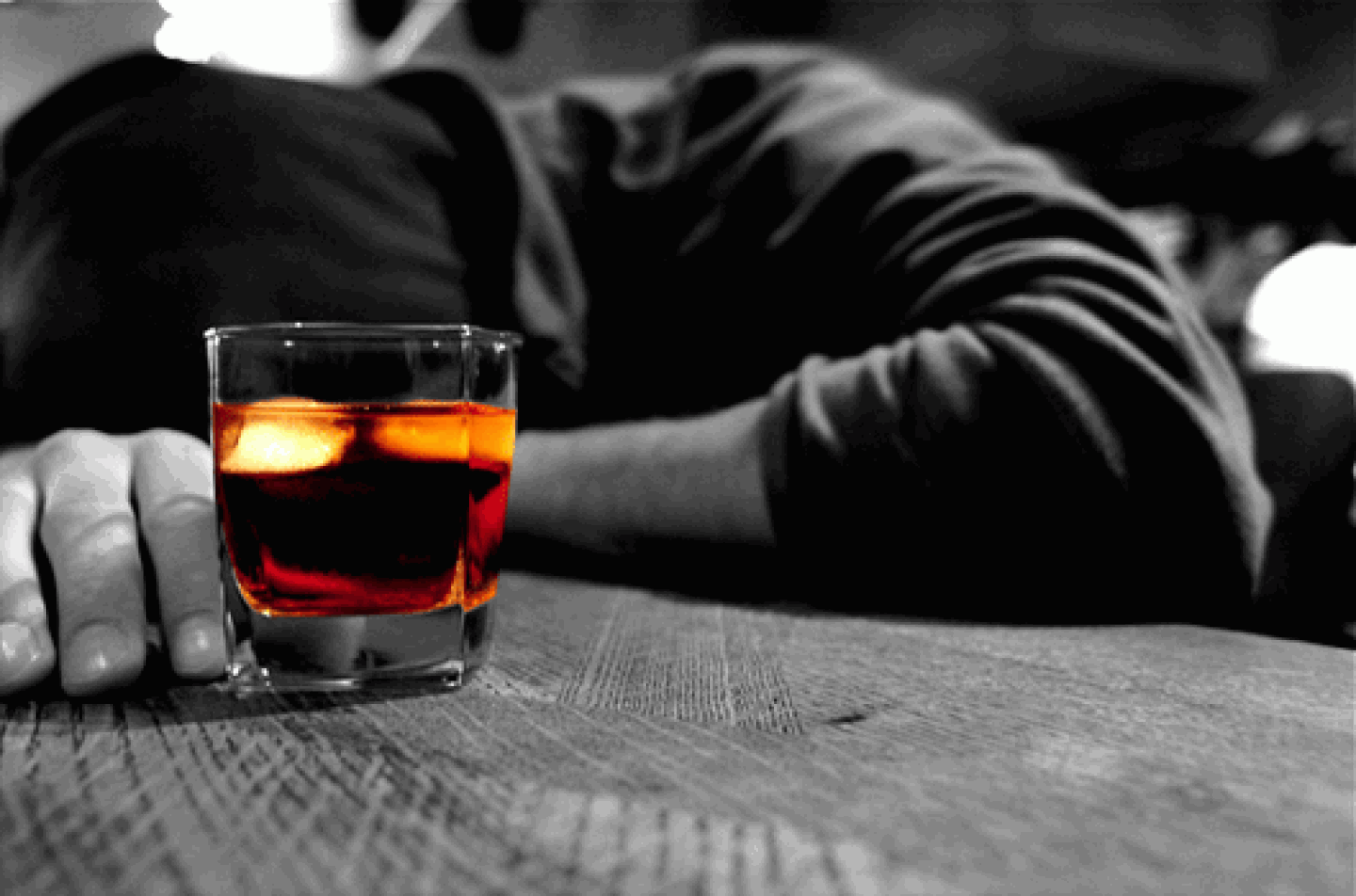Imam Khalid Latif is blogging his reflections during the month of Ramadan for the fifth year in a row, featured daily on HuffPost Religion. For a complete record of his previous posts, visit his author page, and to follow along with the rest of his reflections, sign up for an author email alert above, visit his Facebook page or follow him on Twitter.
There is a narration in the Prophetic Tradition of Islam that tells the story of three men who found themselves trapped in a cave. At the mouth of the cave was a boulder that has slipped from it's place and landed in a position blocking the entrance way. They had no tangible means to move it so one came up with the idea of saying a prayer to God by a sincere deed that they had respectively carried out at some time prior for Him.
The first told the story of serving his parents and the third told the story of how he gave an employee of his wealth due to him. The second person prayed in the following way:
"O Lord, I had a cousin whom I loved her more passionately than anyone loves a woman. I tried to seduce her but she would have none of me, till in a season of great hardship due to famine, she approached me (for help) and I gave her one hundred and twenty Dinars on condition that she would sleep with me. She agreed, and when we got together and I was coming closer to her, she pleaded: 'Fear God, and do not approach me in an unlawful way'; whereupon I moved away from her, despite the fact that I desired her most passionately; and I let her keep the money I had given her. O Lord, if I did this thing seeking only your pleasure, then do move the distress in which we find ourselves." At which point the rock moved.
To be clear, in case the point was missed, this woman was approached by this man quite often to have sex with her, which she refused. At a time when she needed support for basic necessities, he agreed to help her only if she would have sex with him. She agreed and he gave her money and then went to be with her in the night but kept himself from doing anything. When this narration is taught, a lot of lessons are taken from it. One thing that is never questioned though is the integrity of the woman who, when stricken by hard times and had no food for herself, made the decision to sell her body in exchange for money. No one says that her choice was wrong or finds any reason to be condescending or obnoxious. She needs to live and is without basic necessities - really what other choice would she have?
Here we're not talking about education. We're not talking about emergency response or lack of medicines. We're talking about just food - something that a lot of people don't have all over the world, including most cities in the United States. I'd also like to talk about what we can do about it.
Our Islamic Center at New York University holds a fundraising campaign every Ramadan for a charity cause. This year we are working again with Islamic Relief USA, a perennial four-star charity org. rated by Charity Navigator, and our hope is to raise funds and awareness for a food pantry located in the Bronx and headed up by The Muslim Women's Institute for Research and Development.
The Bronx ranks the hungriest borough in NYC. The South Bronx is said to have the highest rate of food insecurity in the country. In fact, nearly half of the borough's children lack access to the food they need and 36% of households are food insecure, according to a recent New York City Coalition Against Hunger report. That means roughly 1 in every 3 families do not know where their next meal is coming from.
There is a serious issue with food insecurity in our backyard and it's on the rise. MWIRD's food pantry is doing its part by helping feed 200 families in the Bronx every week and have more than 1,300 families registered as clients. But the pantry wants to do more to meet the growing demand of their service. They need our support now more than ever. The #ICNYU4Bronx campaign hopes to follow suit on the successes of the last five years of fundraising in which we have been able to raise anywhere from $150,000 to $300,000 in humanitarian aid. Our campaign has raised over $4000 so far and will continue through our 5th Annual dinner taking place on July 9th. Whether you are in NYC or not, you can help out with the #ICNYU4Bronx Campaign by sharing and making a contribution at our Team Fundraising Page -- all donations are tax-deductible and for those of you who are Muslim, zakat-eligible as well.
"None of you truly believes until he loves for his brother what he loves for himself." ~ The Prophet Muhammad.
In his commentaries on this narration, Imam Nawawi, a well-known Muslim scholar from the 13th century, explains that the word "brother" is not in reference to your "brother in islam" but rather is in reference to your "brother in humanity." In the spirit of Ramadan, give of what you have and encourage others to give as well without condition on qualification. And if not to this effort, than to some other. And do so with a sense of love and compassion.
I remember the first time I met a woman who was lacking basic necessities in her life. She had a good job and was married, but ended up losing her job and her husband walking out on her around the same time. She depleted the savings she had pretty quickly and was left with very little to make ends meet - other than herself. She described vividly to me her encounters with many different people as she turned to prostitution so that she could simply live. A lack of compassion, understanding and services left her with no other choice. In her own words, "I had to do what I needed to in order to survive."
Hunger is not a choice for some this Ramadan but giving is. The confining realities of poverty can be alleviated if we who have wealth are willing to share it. Don't look to see what you are losing but see what the other will gain. Organize small fundraisers at your own personal iftars and let the recognition of all that we have been given manifest itself in actions for those who don't have as much. But just give and keep on giving. And at the very least keep those who are less fortunate in your thoughts - that itself won't cost us anything.
Click here to link to website article.


